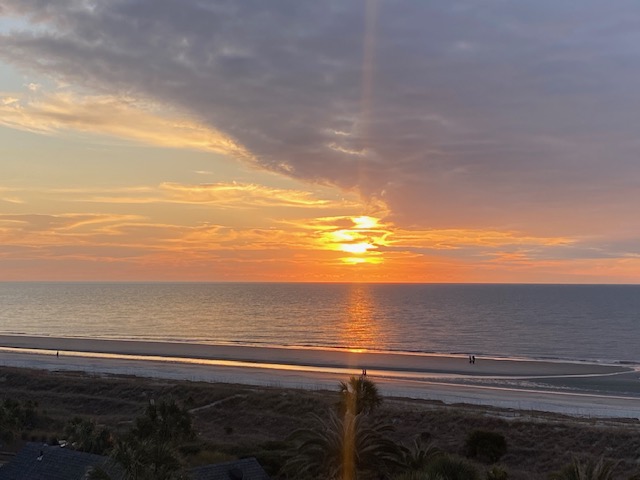
The Tin Man’s heart might contain all of these mixed combinations of powerful emotions. Perhaps it is simpler for the Tin Man to remain motionless in the forest rather than make decisions about or act on his volatile and contradictory emotions. Better to remain frozen and immune to outside influences (that might trigger his emotions) than to stay engaged in living, loving, and acting. Then along comes Dorothy, the Scarecrow and Toto. . . .
We turn to contributions that can be made by other members of the team that is diagnosing the source and nature of our Tin Man’s armor and finding ways to treat the wounded heart. It seems that armor and heart are not easily understood. Successful attempts to remove the armor and heal the heart might require a diverse set of insights.
The Encased Body: Robert Sapolsky
As we consider the insights that can be provided by the additional members of our diagnostic team, there are several new questions that we might pose if we are to be effective in treating armor and wounded hearts. First, we must ask: How does the heart get encased? Robert Sapolsky provides an insightful answer. In his provocative and informative book, Why Zebras Don’t Get Ulcers, Sapolsky (2004) moves us onto the African Savannah and faces us with the challenge of escaping from a major predator– such as a lion! He also poses another equally great challenge: how do we deal with the stress associated with “imaginary lions”? In essence, Sapolsky is proposing that humans are physiologically ill-equipped to successfully (in most instances) run away from lions. And this leads to the encasement of our heart. Quite a leap from lions to encased hearts—but here is how it operates.
Confronting Lions
Our body moves all of the energy away from whatever it is doing when the lion is sighted. We stop eating or relaxing. Instead, we redirect our energy to the muscles, heart and other bodily functions that are needed for a successful dash to safety or for successfully whacking the predator’s head (if it’s a small lion or a less imposing animal). The stomach shuts down, for we don’t want to concentrate on eating; we want to concentrate on not being eaten. Furthermore, various slow-developing response systems are put on a back burner. We don’t have time (nor immediate need) for systems such as those needed when getting ready for reflecting or mediative practices—or sleep.
When any animal is responding to “real” predators, the response system (“flight or fight”) works perfectly. The body can handle the temporary strain of the frightening Savannah. That is why zebras don’t get ulcers–they are frightened by real lions and their physiological system knows how to adjust to the strain of fleeing from the lion. Humans seem to differ from zebras (and many other animals) in that we do get ulcers and many other stress-related illnesses. There appear to be two fundamental reasons why we are so vulnerable to stress.
The first reason is that humans tend to use a strategy other than fight or flight when addressing the challenge of an impending attack by a lion. It is the strategy of freezing. We stop in our tracks and try to remain motionless and silent. We have all seen this third strategy in operation: the deer that is frozen in the headlights of our automobile, the squirrel that freezes in its tracks when it sees us approaching the tree. Humans often prefer to use this third strategy—perhaps because we’re not fast enough to flee nor strong enough to fight.
Download Article 1K Club
















